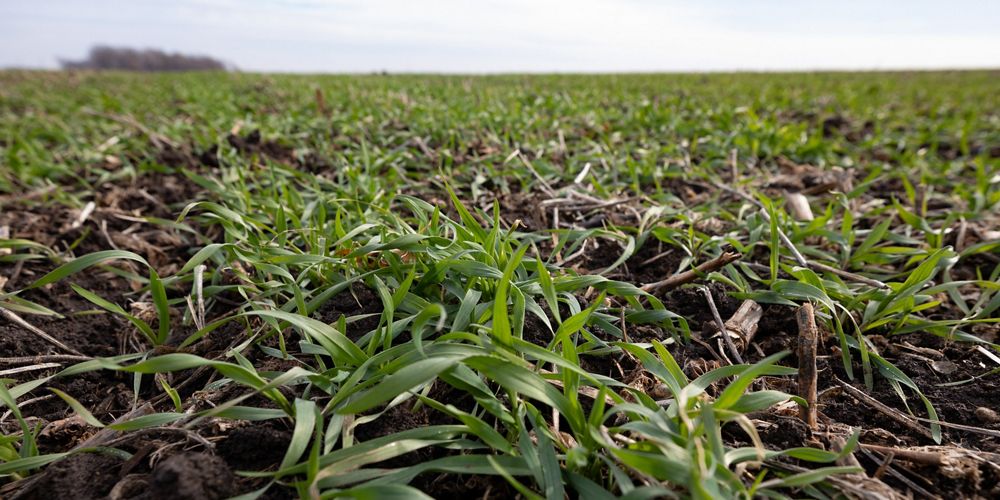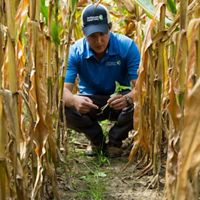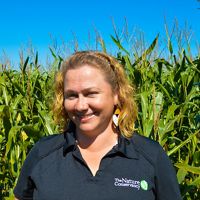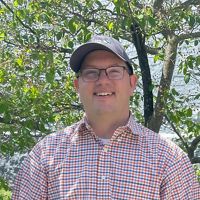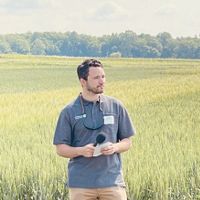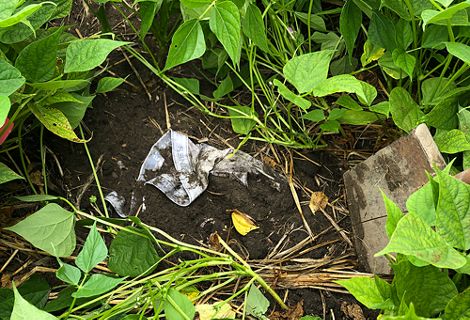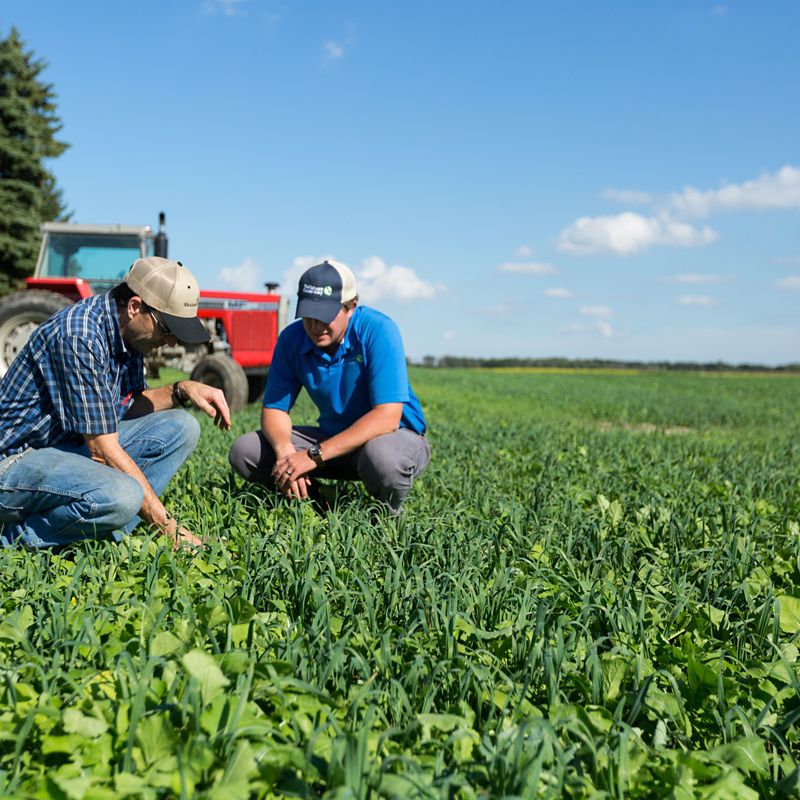
Soil Health in Saginaw Valley
In Michigan’s agricultural watersheds, farmers are shifting to practices that restore and sustain long-term soil health and reduce harmful runoff.
Explore resources and tools from The Nature Conservancy to help you make the transition.
Ready to take action?
Connect with experts and farmers in the Saginaw Bay to take meaningful action to improve your soil health today.
Saginaw Valley Farmers
For a sustainable future, one of the most important questions to address is how to feed a growing population while also protecting clean water. Today, farmers across Saginaw Bay are working together to change their soil practices.


Sign Up for the Latest News
Connecting with farmers is extremely important to our work in soil health and water quality—from getting helpful information into the hands of those who need it, to identifying and supporting champions of conservation
Meet Our Team
If you’re a farmer, you know your livelihood depends on healthy soils. But changing the way you farm can be risky and expensive, and a failed crop is hard to come back from. Our soil health team is here to help.
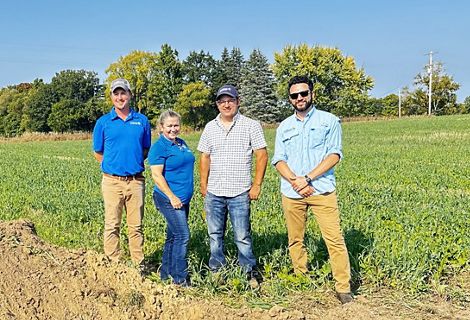
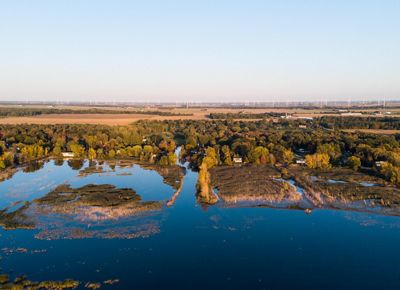
Approach to Soil Health
In Michigan’s agricultural watersheds, most notably the Saginaw Bay watershed and western Lake Erie basin, we are working to support farmers—and make it easier—to shift to practices that restore and sustain long-term soil health.
Saginaw Bay Farmer Stories
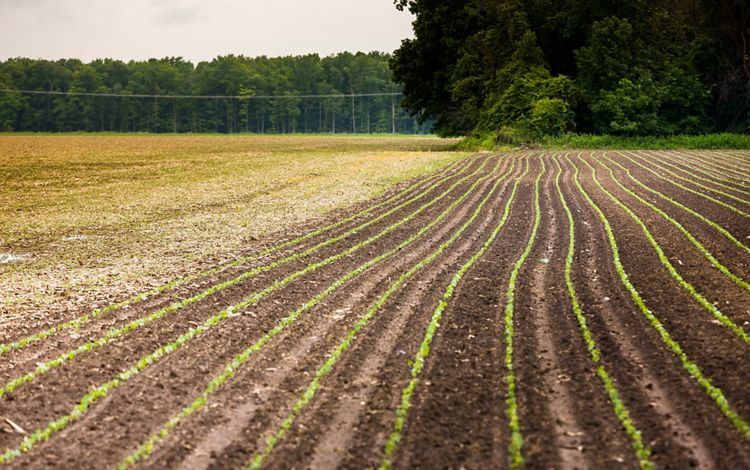
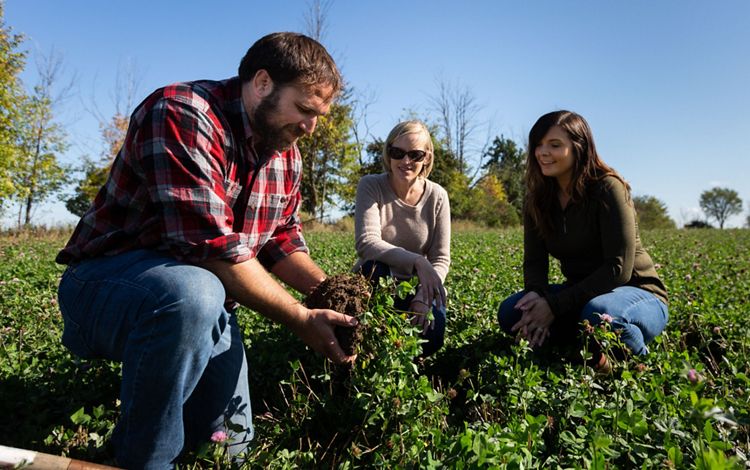
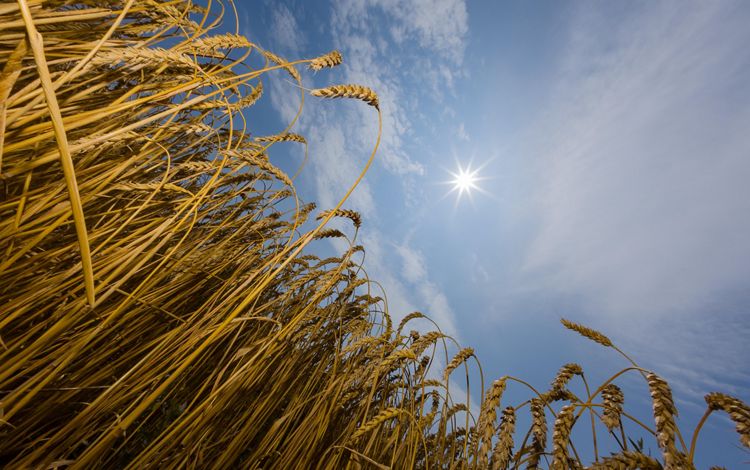

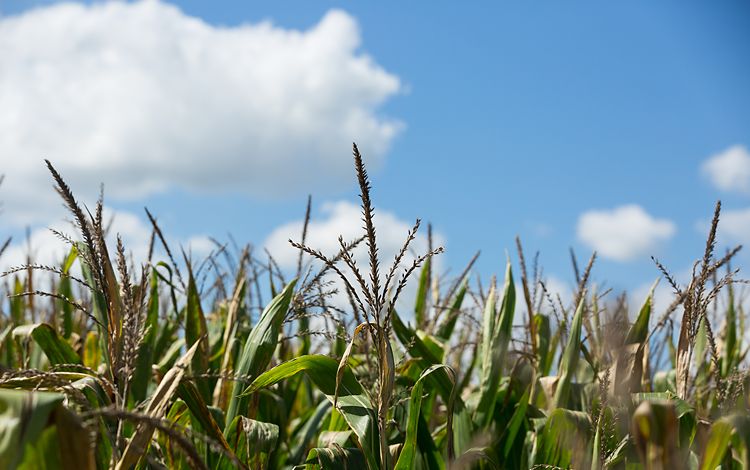
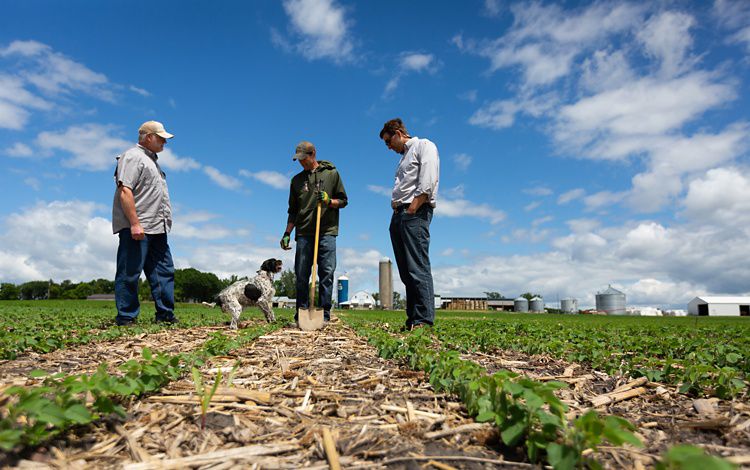
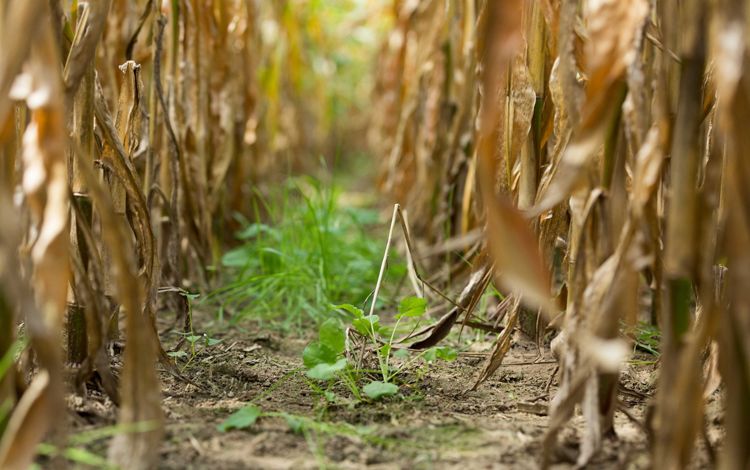
Our Strategies
Ultimately, we all depend on clean water and fresh food. We believe that productive agriculture and healthy ecosystems can coexist if we address where they intersect: the soil.
-
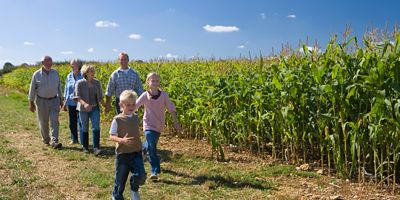
Incentivization
Connect Saginaw Valley farms and conservation through a suite of incentivization projects.
-
Engagement
Provide workshops and resources on soil health and water quality to the farmers who need them.
-
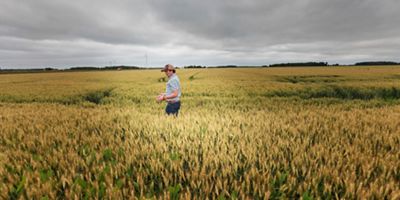
Collaboration
Work with agribusinesses, crop advisors, food companies and agencies to adopt conservation practices.
-
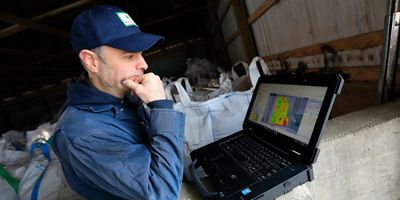
Science
Leverage data and research to focus our work in the places that can have the biggest positive impact.
Programs
Are you interested in taking strategic regenerative steps on your own farm? TNC is committed to connecting farmers with opportunities to build soil health. Click the tiles below to take advantage of one of these programs for Saginaw Bay farmers.
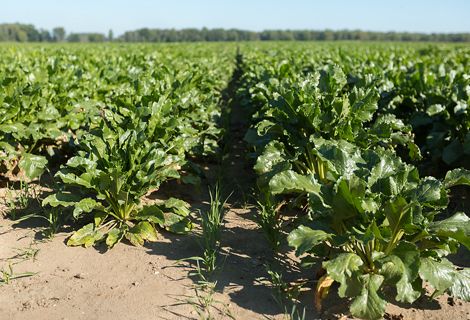
Programs
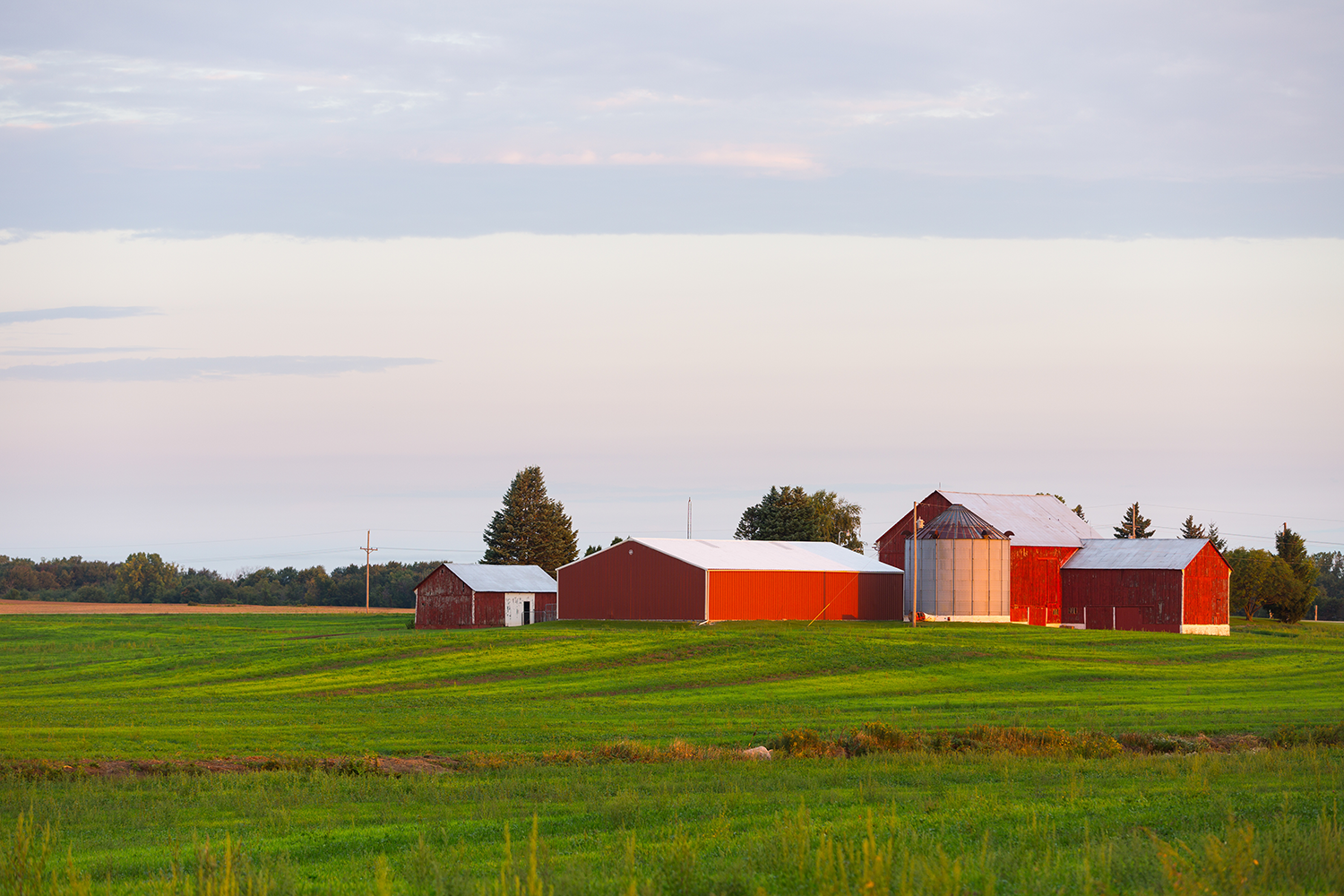
ASSET
With Michigan Sugar Company, Environmental Tillage Systems and Blue Water Conservation District, TNC is piloting a program to help farmers access the equipment and the financial and technical support necessary to transition sugar beet acres to strip tillage. This program is supported by a USDA Regional Conservation Partnership Program grant. TNC aims to enroll 10 farms over the next five years (2022-2026).
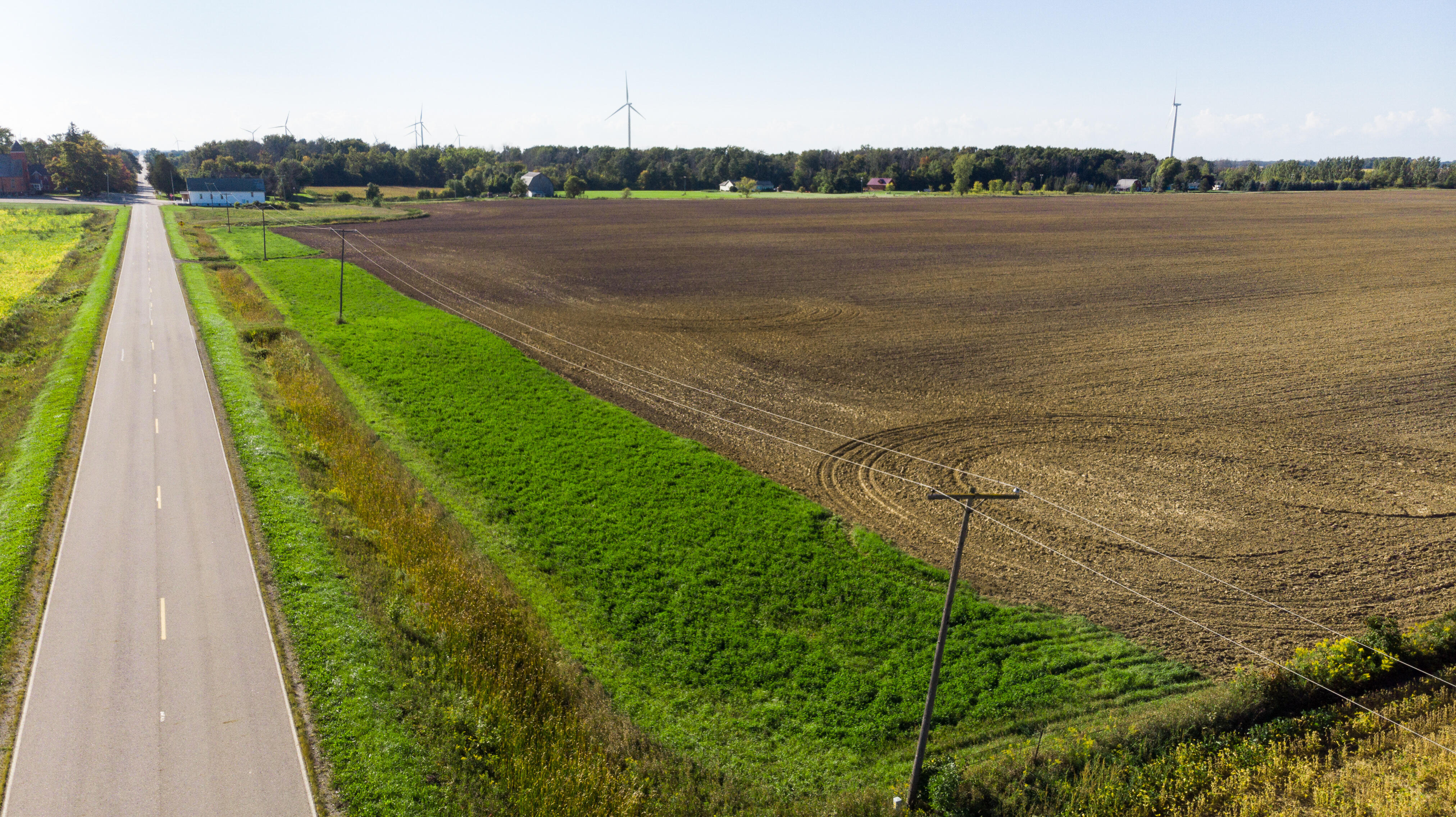
DITCH Projects
For County Drain Commissioners and Public Works Departments!
With support from the Cook Family Foundation and a USDA research grant, TNC in Michigan partnered with Michigan Farm Bureau, Spicer Group, Fahley Schultz Burzych & Rhodes PLC, and several Drain Commissioners to pilot a new BMP pilot project along county drains in Michigan. The project, called Drain Infrastructure Transactions for Clean H20—or, DITCH—seeks to increase the use of soil-saving practices by property owners to reduce sediment delivery into drainage ways and improve water quality. The project assists with the costs of setting up the program framework in a county so that certain agricultural conservation practices within drainage districts (such as filter strips or water infiltration practices) can be considered when a county assesses landowners for drain projects.
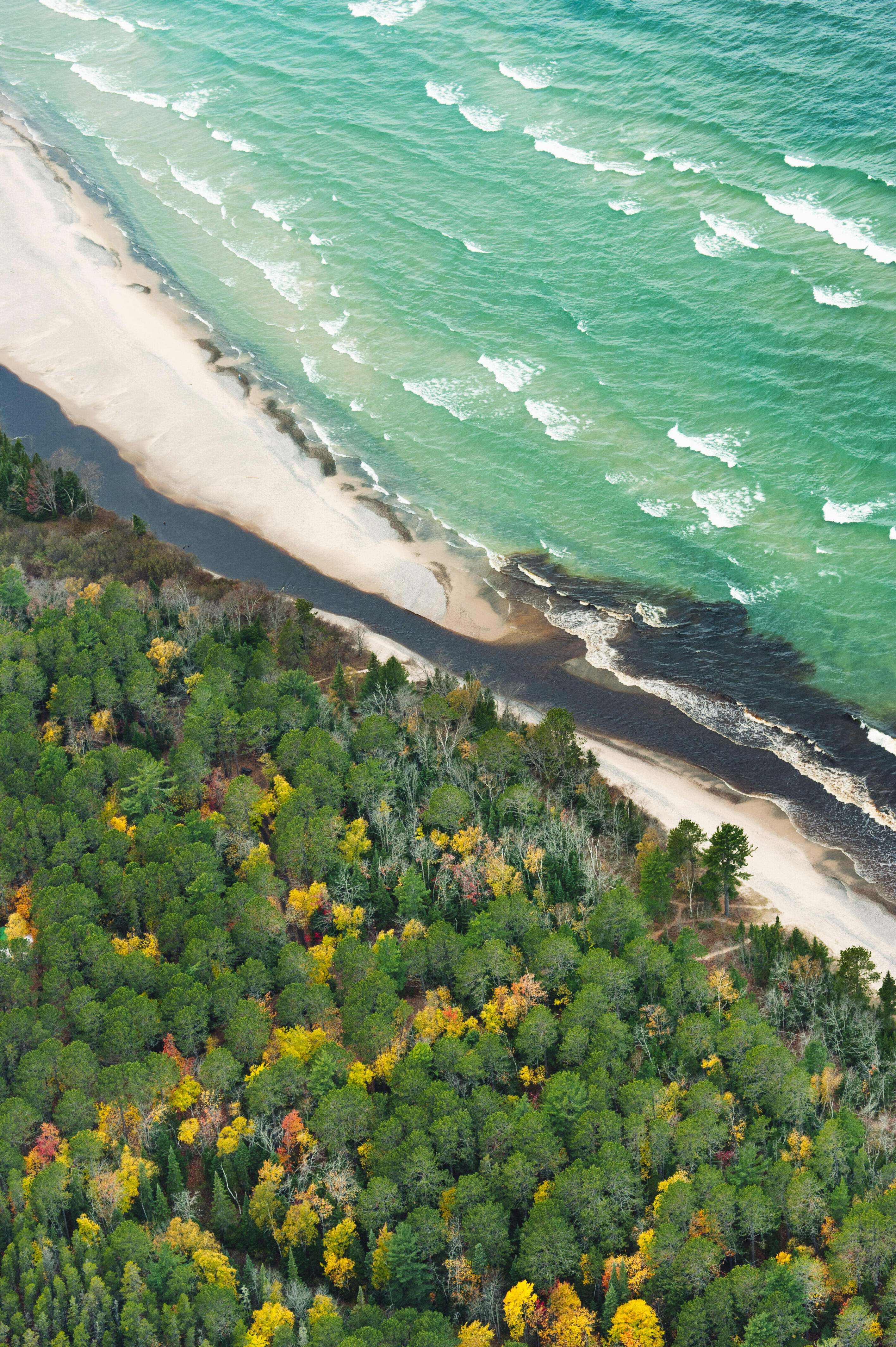
Enhanced Farmer Incentives
The Nature Conservancy is currently enrolling a limited number of farms for a new enhanced farmer incentives program, called the Saginaw Bay Conservation Partnership, Phase II. Based on farmer feedback we acquired during phase one of the Saginaw Bay Conservation Partnership, this new and enhanced farmer incentives program allows for greater flexibility of contract terms, common sense outcome-based payment rates, and additional (free) technical support for new adopters. Program enrollment is currently available to growers within the Saginaw Bay Watershed on a first-come, first-serve basis now through December 2023 (or until funding has been depleted, whichever comes first).
The Nature Conservancy thanks our visionary funding partner for this program, Erb Family Foundation, for making this farmer-friendly programming opportunity, and all the great conservation work it will achieve, possible. For a list of eligible conservation practices, and to get started on seeing whether Saginaw Bay Conservation Partnership Phase II funding is right for your farm, please contact TNC today.
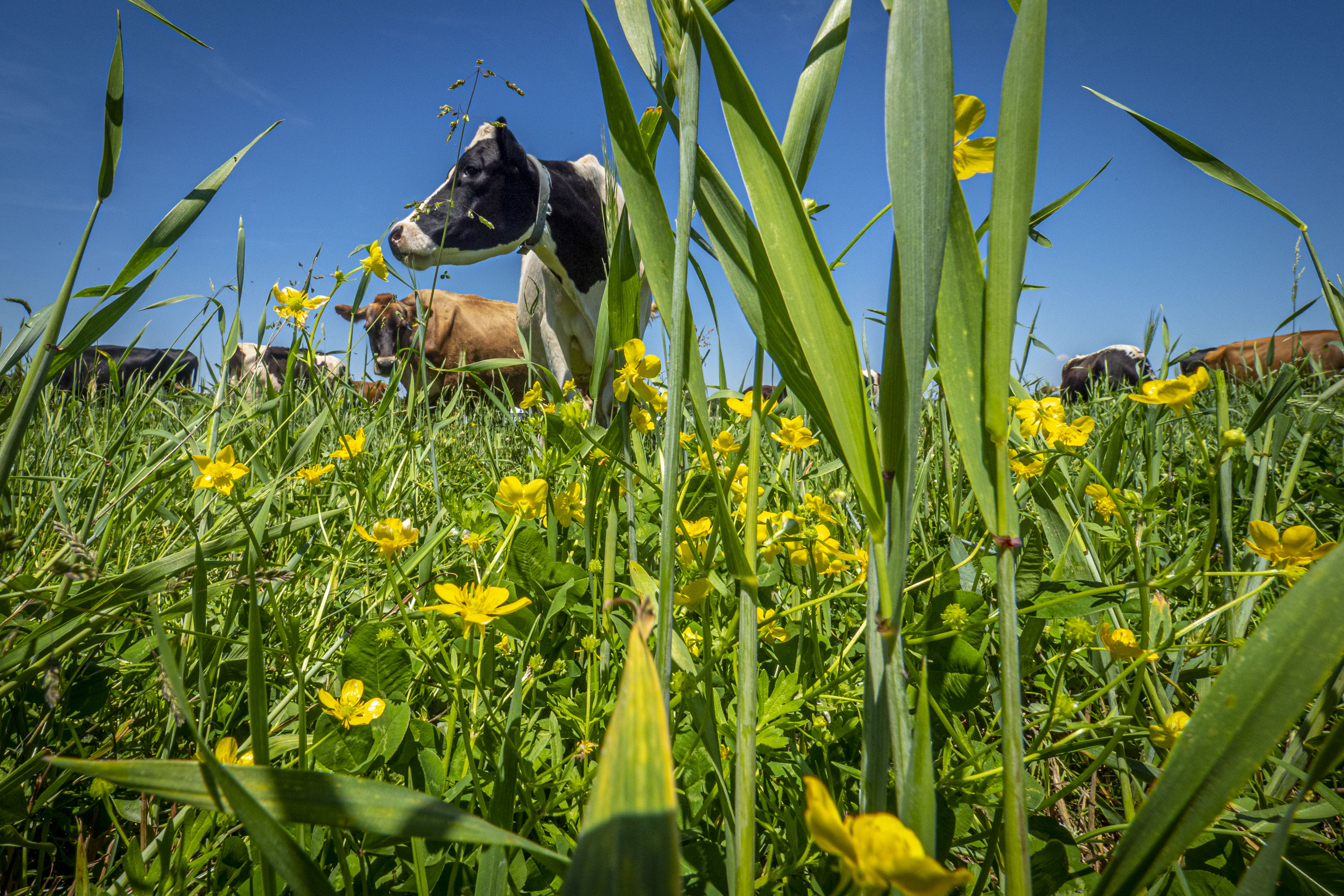
Feed in Focus
With the Michigan Milk Producers Association, TNC is offering a three-year feed supply incentives program for up to 30 Michigan dairies. Incentives are offered to implement new feed management strategies and feed crop production practices to reduce dairy cattle methane emissions and support soil health. This program is being piloted in Michigan and Wisconsin, in partnership with the U.S. dairy industry, as part of their Net Zero Initiative.
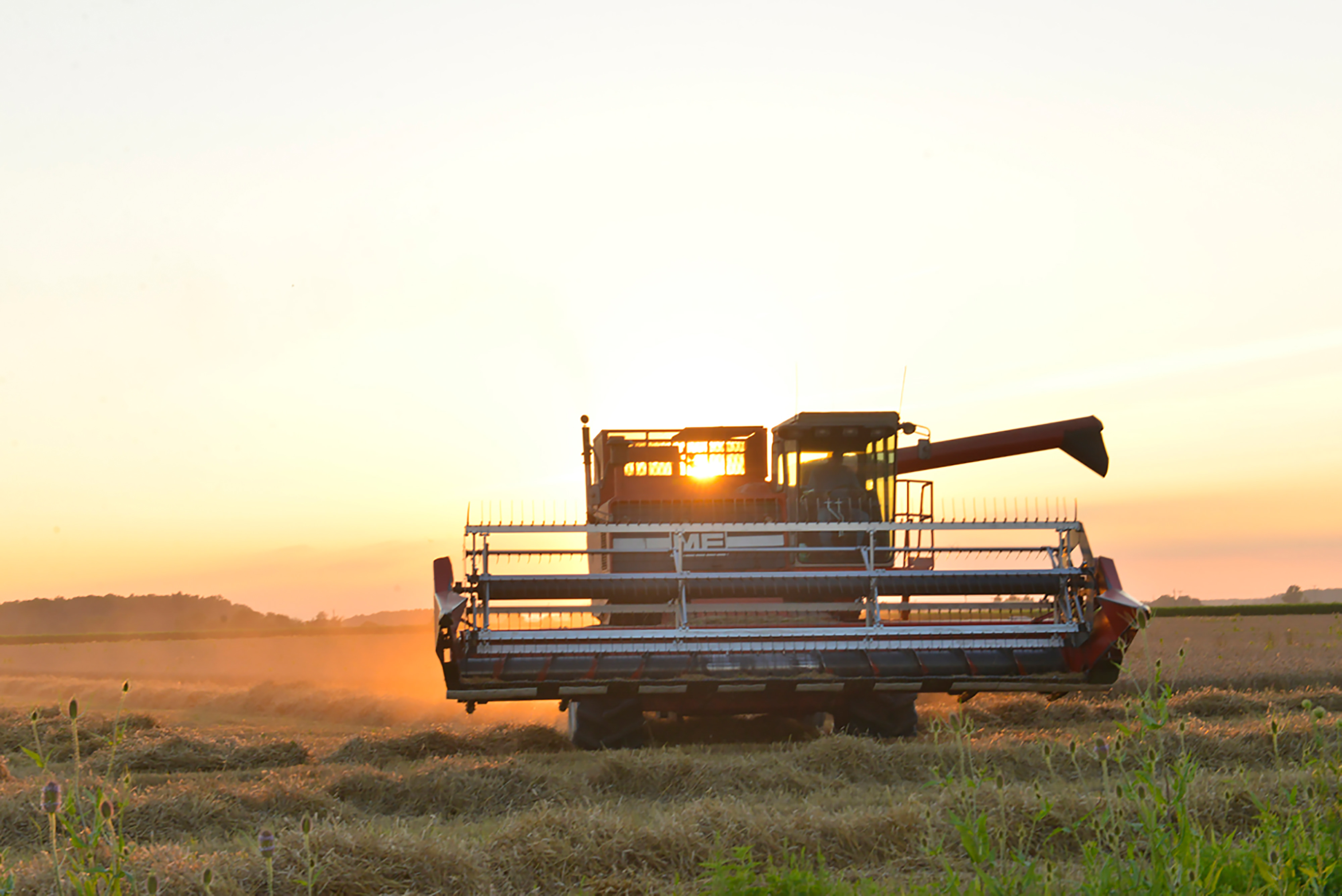
Sustainable Option Wheat
With Star of the West Milling Company, TNC is piloting a new initiative to improve resilience, biodiversity and soil health on wheat ground located within the Saginaw Bay Watershed. This sustainable growing program, and its associated “nature-based bonuses,” will be available on a first-come, first-serve basis to 5-15 farmers for the next two years (2023-2024).
To learn more, contact Joel Leland, TNC, 989-277-4697, or Lisa Woodke, Star of the West, 517-648-9166.
Soil Health Hero Awards
Join us to honor the next class of our Soil Health Heroes at the Great Lakes Crop Summit in January 2026.
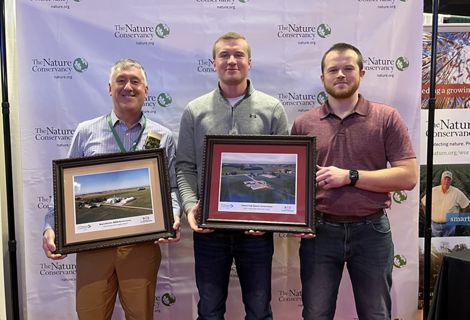
The 2025 Michigan Soil Health Heroes
will be chosen by a 10-member selection committee from a variety of conservation-minded agriculture professionals. All nominations are anonymized before being given to the committee for consideration.
2025 Soil Health Hero awards now expanded state-wide!
For the first year, TNC is recognizing farmers across the state! Awards for 2025 will be given in the following categories for established cash crop, vegetable or livestock farms over 200 acres:
-
Conservation Newcomer Award
A farm applying conservation practices for the first time (within three years).
-
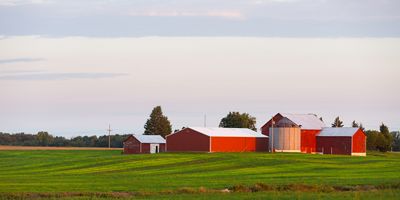
Conservation Legacy Award
A farm applying conservation practices for five or more years.
-
Conservation Innovation Award
A farm applying new or experimental conservation practices.
2023 Honorees
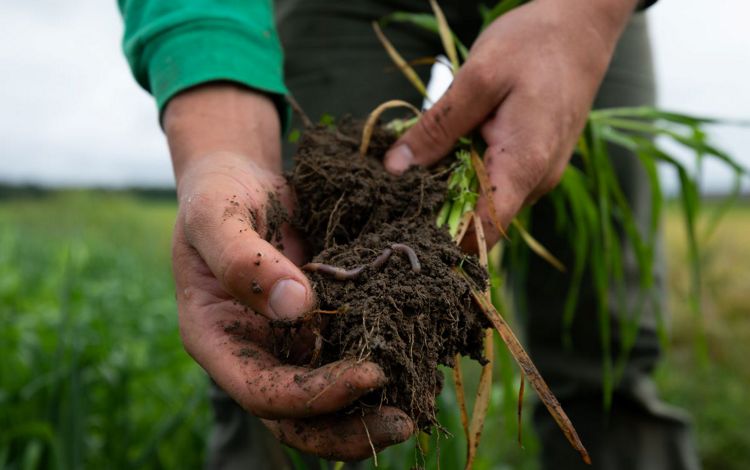
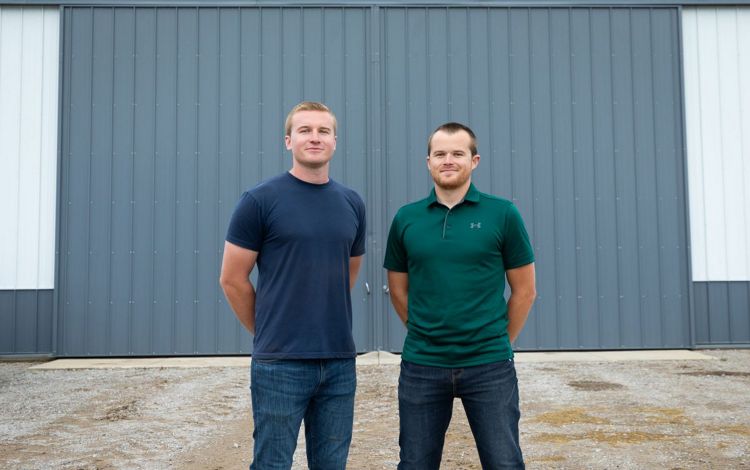
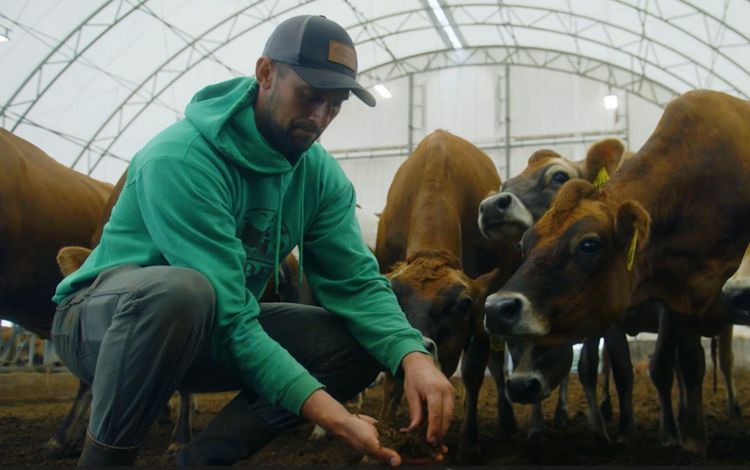
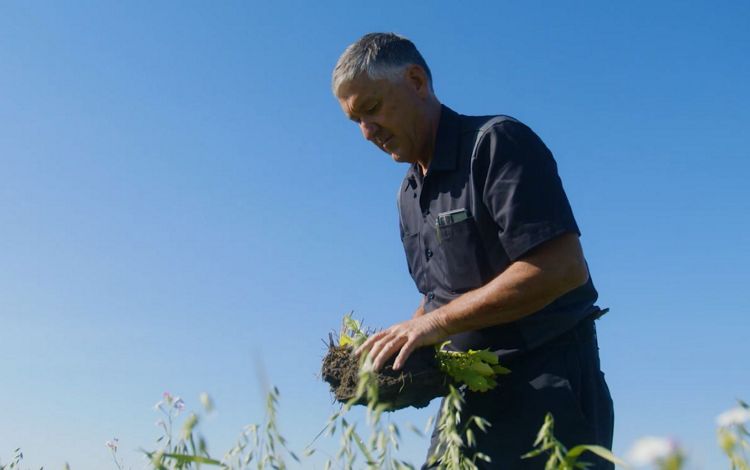
Quote: Ben Wickerham
These farms are examples of how soil health practices can support resilient, thriving farms, while still protecting local water resources.
| 2018 | 2019 | 2021 | 2023 |
|---|---|---|---|
| Conservation Excellence Award: Agribusiness | J.J. Metz, Linwood | Conservation Excellence Award: Contributor | Method Products, San Francisco | Conservation Newcomer Award | Scott Brechtelsbauer, Frankentrost | Conservation Excellence Agribusiness Award | Sarah Michalek, Michigan Milk Producers Association Sustainability Director |
| Conservation Excellence Award: Practitioner | Huron County Field Office, Bad Axe | Conservation Excellence Award: Practitioner | Joel Leland, Saginaw | Conservation Innovation Award | Don Morse, Birch Run | Conservation Newcomer Award | Caleb and Cody Symons, Symons Farms, Chesaning |
| Conservation Excellence Award: Contributor | Paul Sweeney, Maplewood | Conservation Excellence Award: Agribusiness | Justin Krick, Frankenmuth | Conservation Legacy Award | Nate Rupprecht, Vassar | Conservation Innovation Award | James Weber, Weber Farms, Vassar |
| Conservation Newcomer Award | Chad Dzurka, Pinconning | Conservation Newcomer Award | Nick Weisenberger, Chesaning | Conservation Impact Award | Pohl Dairy, Mt. Pleasant | Conservation Legacy Award | Wayne Bierlein, WMW Bierlein Farms, Reese |
| Conservation Veteran Award | Wayne ""Lee"" Wackerle, Pinconning | Conservation Veteran Award | Jason Haag, Unionville | Conservation Excellence Agribusiness Award | Lisa Woodke, Frankenmuth | |
| Conservation Innovation Award | Dan Ritter, Elkton | Conservation Innovation Award | Ryan and Melissa Shaw, Marlette | ||
| Conservation Impact Award | Steve Tait, Caseville | Conservation Impact Award | Jeffery Krohn, Owendale |
Get Involved
TNC’s Soil Health & Nutrient program connects farmers with the latest research, technical resources, peer networks, program offerings and even direct technical assistance at times—all to support farmers.
-
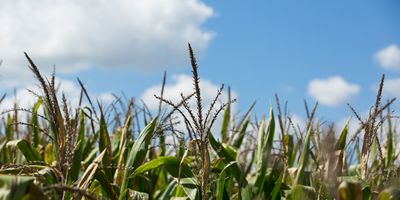
Upcoming Events
We host a variety of events throughout the year including coffee convos and the soil health awards.
Learn More -
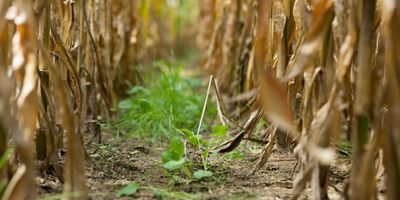
Become a Farm Advisor
Join our Farmer Advisory Council to help other farmers adopt healthy soil practices.
Get Started -
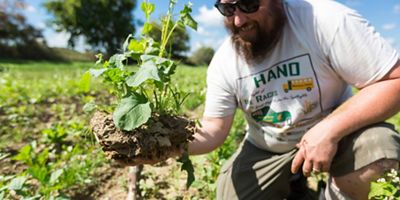
Work With Us
Collaborate with us on Lunch & Learns, CEU's, field days, events, expos and more!
Contact Us -
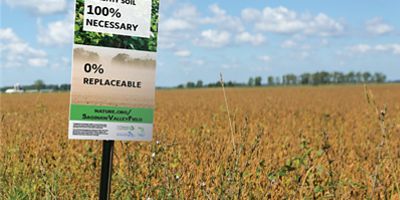
Field Signs
Are you working hard to build soil health in your fields? Let your neighbors and landlords know by displaying one of these "Healthy Soil Field Signs"!
Request Your Sign
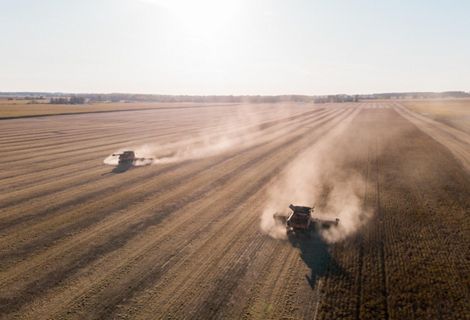
Farming Saginaw Valley
Explore soil health practices used in the Saginaw Valley and learn how you can implement them.
Webinar Series
Hear from experts and farmers across the Saginaw Bay during our coffee convos. Click on the tiles to access the recordings of past webinars.
Farmer Resources
Check out these resources available for Michigan farmers.
A tool for evaluating, tracking and reporting water quality and groundwater recharge improvements at watershed and field scales.
Evaluate fields, generate reports and protect sensitive areas.
A whole farm and ranch carbon and greenhouse gas accounting system.
Operational Tillage Information System (OpTIS), an automated system to map tillage, residue cover, winter cover and soil health practices using remote sensing data.
A platform for visualizing how past and future management changes soil organic carbon stocks globally.
This dashboard was prepared to describe the state of agricultural conservation practice adoption in Michigan’s Western Lake Erie Basin (WLEB) using the best available datasets and other information, with an emphasis on remote sensing-based data products.
Lessons Learned from Saginaw Bay and Western Lake Erie Watersheds.
More Soil Health Stories
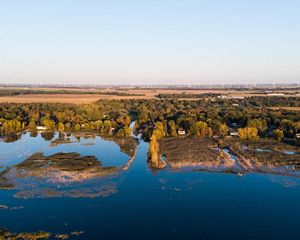
Conservation Where Soil and Water Meet
In Michigan, farmers are stewards of the land and Saginaw Bay Watershed
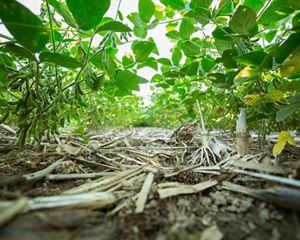
Healthy Soil, Clean Water (0:56)
The Nature Conservancy is working with farmers to implement voluntary, industry-led approaches to improve soil health.
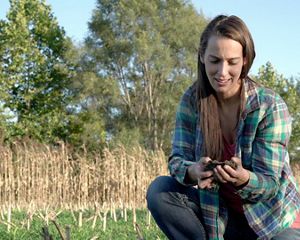
Farming for a Stable Climate (1:30)
Farmers are making soils healthier for water, productivity and climate. See what these farmers from Ohio and Iowa are doing.
Farmer-led Watershed Group (FLWG)
An FLWG is a grassroots gathering of local farmers and land managers from the same general area—usually a watershed. These self-governed groups are led by farmers and driven by members! They are independent of any particular organization.
The primary focus of FLWGs is on collaboration and addressing specific needs of the local watershed, such as water quality, rural aesthetics and other local resource concerns.
In short, FLWGs represent a movement toward community ownership over local water quality issues. They are local citizens coming together, helping one another and taking proactive steps to manage and protect their watershed!
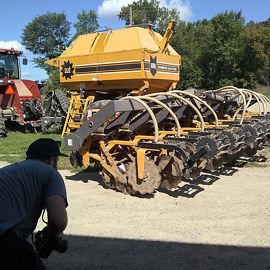
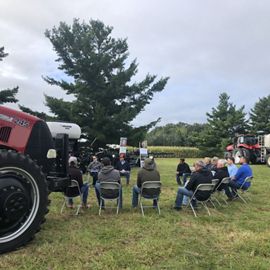
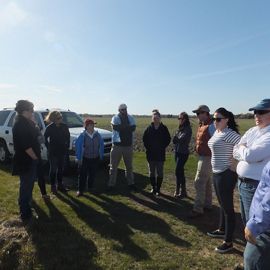
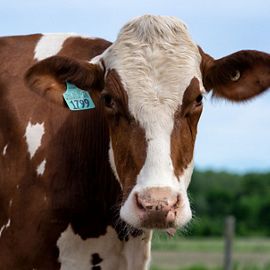
Saginaw Valley
Join a FLWG in Your Area
Farmer Groups in Saginaw A farmer-led watershed group or FLWG is a grassroots gathering of local farmers and land managers from the same general area. Click on the boxes to learn about the FLWGs in Michigan's Saginaw Valley region.

Start a Group
We'll provide you with the resources to get started including logistical support, free advertising materials, stipends for meeting supplies and more!
Sign Up
Soil Health Newsletter
Connecting with farmers is extremely important to our work in soil health and water quality—from getting helpful information into the hands of those who need it, to identifying and supporting champions of conservation. Register for our comprehensive newsletter for the latest news and information on soil health in the Saginaw Valley.
